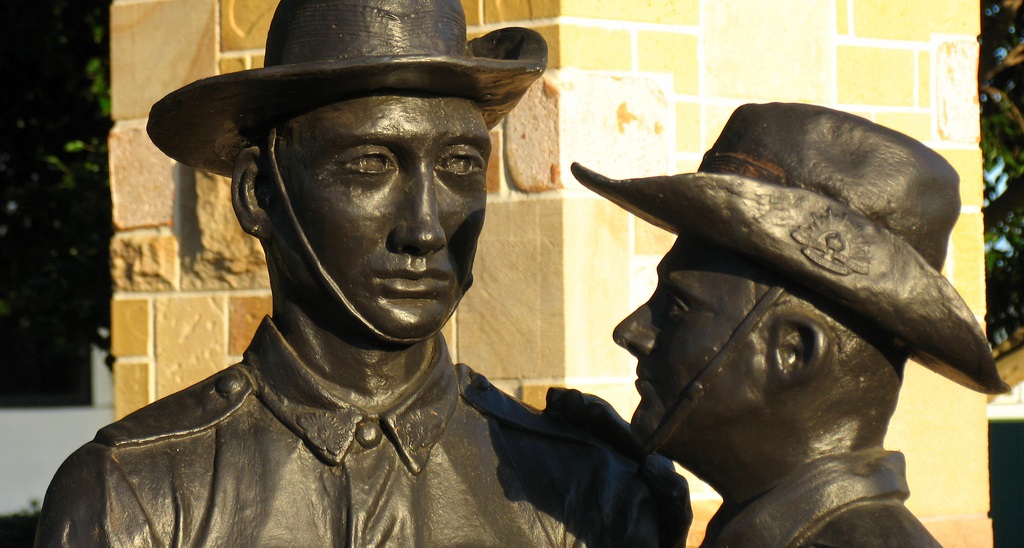
Australia is entering the most important period of commemoration in our history, the Centenary of Anzac.
This year marks 100 years since the First World War and, over the next five years, Australians will reflect on the service and sacrifice of those who fought in defence of our nation and a formative period for our modern nation.
This commemorative period presents a one in one-hundred year opportunity for local governments and aged care providers to engage with, facilitate and manage events at which local communities can show their respect, and celebrate Australian traditions.
Aged care providers, in particular, care for veterans, war widows, their former colleagues and their friends. All have stories that should be told; stories Australians want to hear.
Community awareness and support for veterans, current and ex-serving members of the Australian Defence Force and their families is currently at an all-time peak. Our research has shown that, in the previous financial year, the Shrine of Remembrance and Legacy have received the highest value of total donations, respectively, in their history. The groundswell of community support is also evidenced by the increase in attendance at Anzac Day services both here in Australia, and overseas (in particular, Gallipoli, Turkey, and Villers-Bretonneux, France).
Events to mark the anniversary are being organised at both federal and state government levels. The federal government has committed $150 million to support Anzac centenary commemorations which will go towards local activities around the country, as well as the refurbishment of the First World War galleries at the Australian War Memorial, the digitisation of First World War repatriation records, and a series of travelling exhibitions.
This is an event that must be marked.
Local governments and aged care providers have a duty to be a part of these important commemorations. This is a time not only to remember and pay respect to veterans but their families. Many families have been touched by war. Many lived with memories, with damaged kin or with an identity forever tied to the war.
Families understand families. The Australian community will empathise with this period of history through their stories.
What can you do? Locally, organisations can take part by planning their own activities and projects that reflect local experiences as well as the national spirit. Events and public programs can commemorate, educate or inform.
Local government councils play a key role in connecting local people with history; aged care providers and senior citizens clubs to which they are often linked are often home to the authentic stories told by people of or close to the war generations. Together, they can make sure celebrations have deeper meaning and impact for local neighbourhoods.
Funding for projects and activities is available. Federally, through the Anzac Centenary Local Grants Program which offers each federal electorate a chance to share in up to $125,000 for activities; and locally, through state government community grants programs, such as Victoria’s through which applicants can receive up to $20,000.
Ellis Jones is working with aged care providers to ensure that, in a sensitive and dignified manner, aged care provider companies, employees, residents and families can participate in activities to mark the centenary. Importantly, providers stand to benefit from a greater awareness of their role in caring for older people.
Our staff will work members of parliament, local government offices and community stakeholders to stage locally organised events, and create targeted campaigns through social media so people can share images, stories and insights on what the Centenary means to them.
The Centenary of Anzac is an opportunity to connect with stakeholders, be visible in local communities, and create a sense of pride among employees for the work they do.

